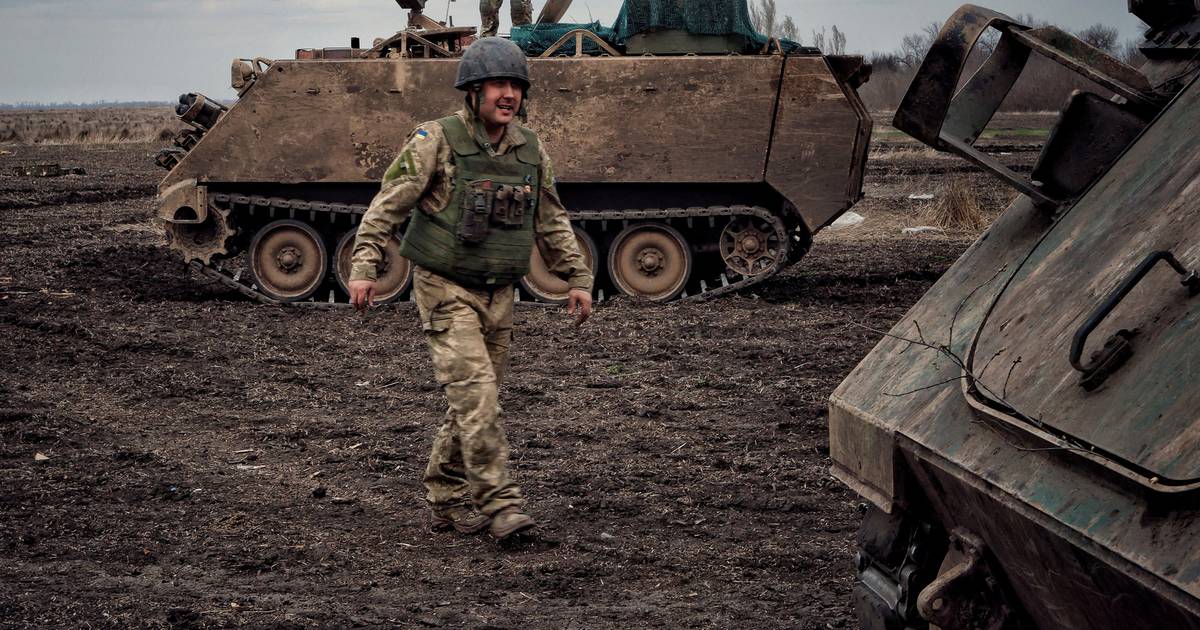Foto: STRINGER
Ukrajinski glavni tužitelj Andrij Kostin rekao je američkim zastupnicima kako je njegov ured registrirao oko 80.000 slučajeva potencijalnih ratnih zločina te da je do danas osudio 31 Rusa za ratne zločine pred ukrajinskim sudovima
Odaberi temu koju želiš pratiti
Primaj sve nove vijesti o temi i budi u tijeku
Source link
The Chief Prosecutor of the International Criminal Tribunal for the former Yugoslavia (ICTY), Serge Brammertz, announced that his team has identified 310 possible war criminals from Croatia. This announcement was made on the occasion of Croatia’s Statehood Day, an annual holiday marking the country’s declaration of independence from Yugoslavia in 1991.
Brammertz said that his team has conducted an extensive investigation into alleged war crimes committed by Croat forces during the 1990s wars in the Balkans. He added that the ICTY has already indicted several Croatian officials, including the former military commander, General Ante Gotovina, and the former intelligence chief, Jovica Stanišić.
The ICTY has been trying war crimes cases relating to the Balkan wars since its establishment in 1993. Its mandate is to investigate and prosecute individuals responsible for serious violations of international humanitarian law committed in the territory of the former Yugoslavia since 1991.
The announcement of the identification of 310 possible war criminals from Croatia highlights the ongoing challenges facing the ICTY in carrying out its mandate. Brammertz noted that his team’s work is not yet finished and that more individuals may be identified as a result of ongoing investigations.
The announcement also underscores the importance of national justice systems in prosecuting war crimes cases. Brammertz called on the Croatian authorities to take up the cases of the identified war criminals and bring them to justice.
The identification of 310 possible war criminals from Croatia is a sobering reminder of the atrocities committed during the 1990s wars in the Balkans. It shows that justice for victims and survivors of these atrocities remains a long and difficult process. However, it also illustrates the determination of international justice institutions like the ICTY to hold those responsible for war crimes accountable, and the necessity of national justice systems in doing so.

